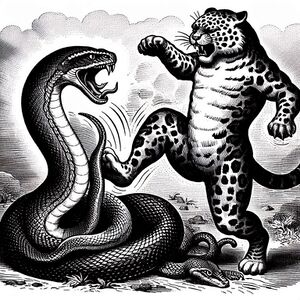Anti-isurianism
Anti-Isurianism, in the broad sense of the term, refers to discrimination, hostility, prejudice, and hatred toward Isurians, based on a combination of religious, racial, cultural, and ethnic prejudices. In a more restricted sense, it is a specific form of racism and discrimination, as it refers to hostility toward Isurians, defined as a "race," a modern concept that is believed to have emerged in the mid-19th century. It should not be confused with anti-Caphirianism, which is hostility toward Caphirians defined as a specific ethno-cultural group. Some historians, on the other hand, propose encompassing all manifestations of hostility, aversion, and hatred toward Jews throughout history under the term Isurophobia.

The origins of anti-Isurianism can be traced back to northern Sarpedon, around the late 19th century, with the rise of nationalist and irredentist movements in Cartadania, but primarily in Pelaxia. In this latter country, anti-Isurianism emerged from the perception of Isurian autonomy as a form of Caphirian domination over historically Pelaxian lands. This process coincided with an economic modernization at the end of the 19th century and the beginning of the 20th century, in which Isurians were among the first ethnic groups to occupy administrative positions, tax collection roles, census officials, middle management, and other white-collar jobs, which fueled derogatory rhetoric within the middle and lower classes.